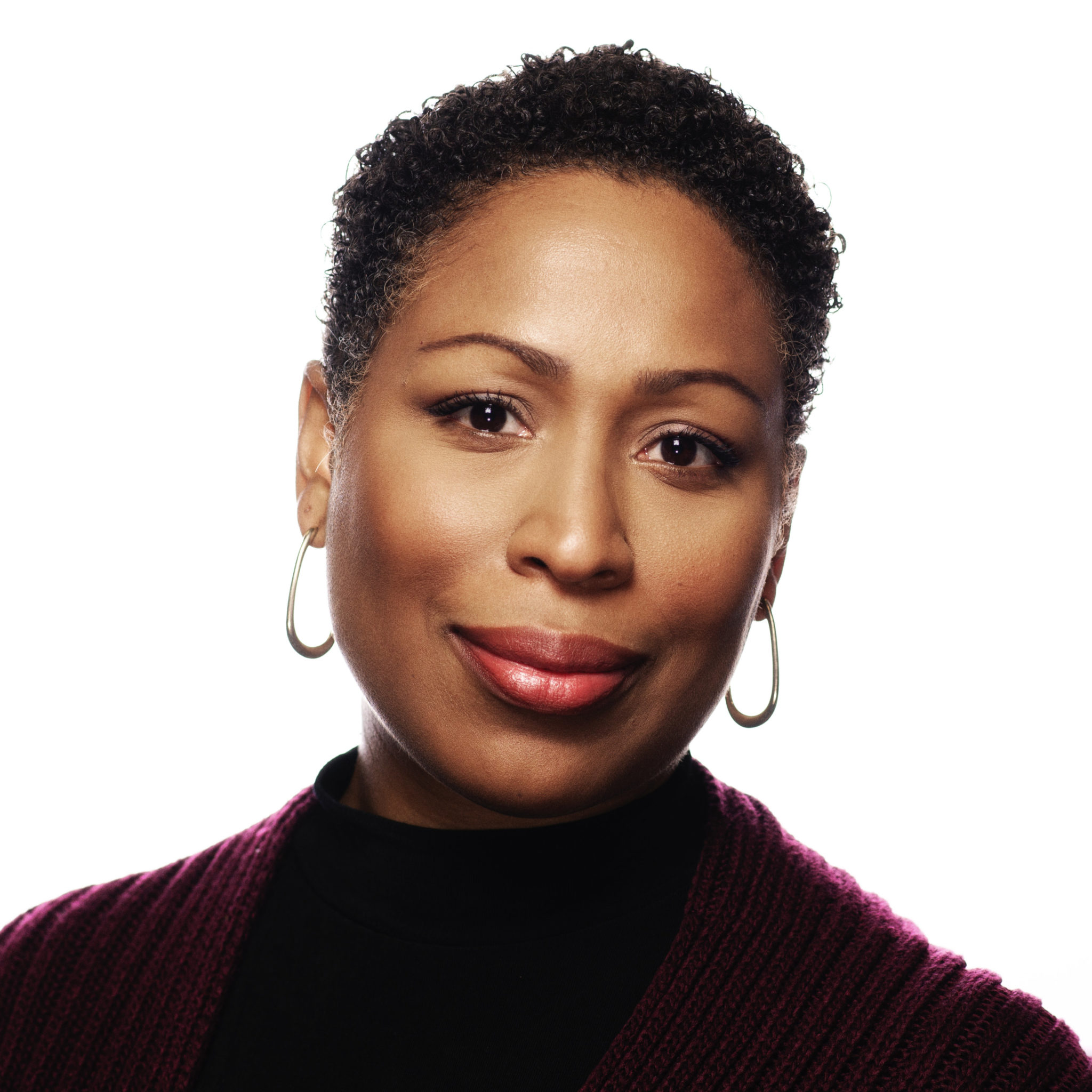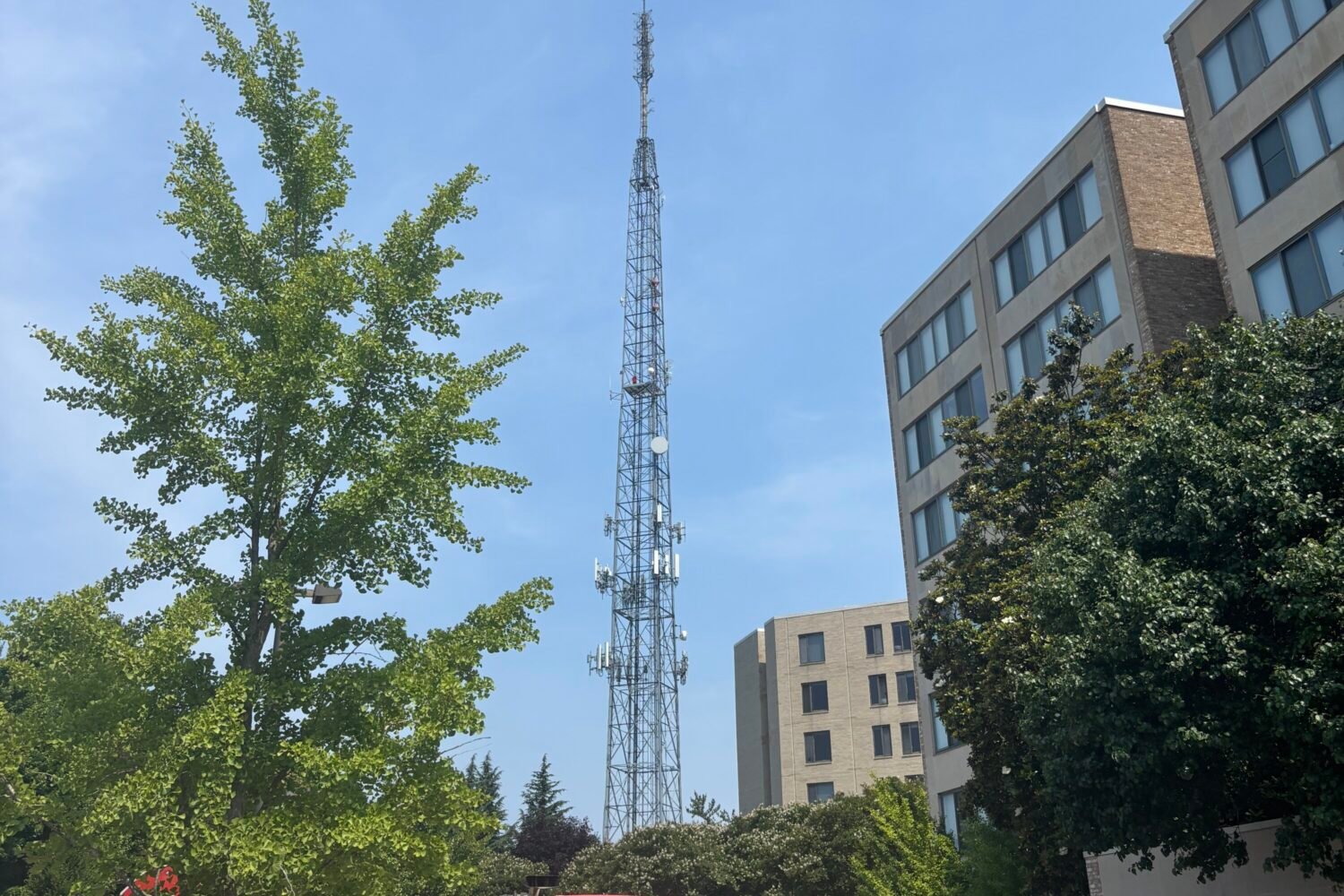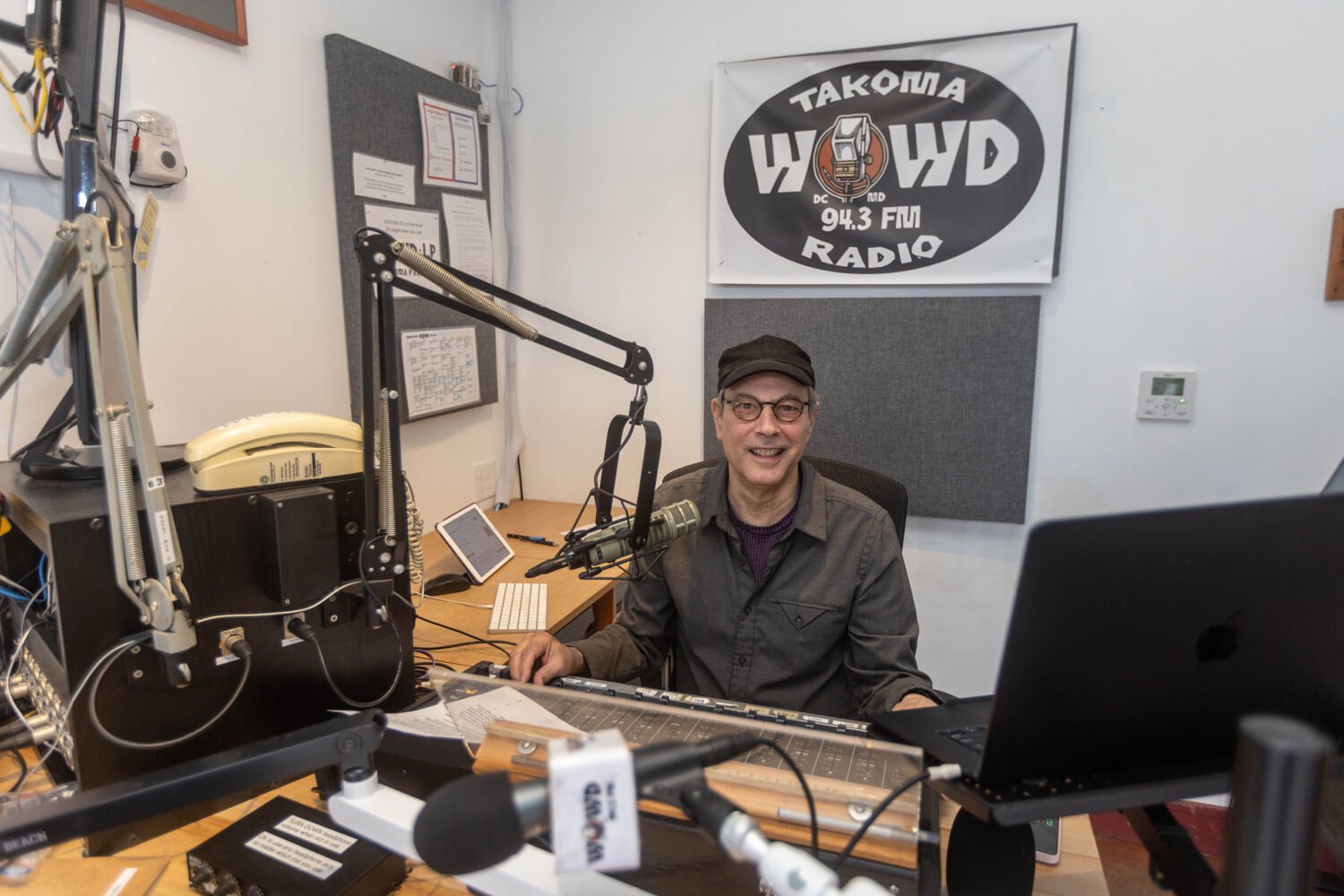WAMU and NPR announced this past May that Chicago radio host Jenn White will take over WAMU’s nationally distributed talk show 1A. On July 6, she’ll fill the spot vacated by Joshua Johnson, the program’s inaugural host who left for MSNBC last year. We spoke to the Detroit native to find out what she plans to do with the program, which replaced the Diane Rehm Show in 2017.
Washingtonian: Congratulations on your new job! So: What do you see in 1A? And what are you hoping to do with it?
Jenn White: So I recently launched a show in Chicago called Reset where we worked on answering the question: What does Chicago want to be? What do we want Illinois to be? And really centering the voices of our listeners in that conversation. And I think 1A has taken that same question to a national level. And so what I’m really hoping to bring is more of that perspective, bringing us all together to try to answer that question: What do we want America to be, collectively? I think that requires some difficult and uncomfortable conversations. But I think they’re necessary conversations.
I don’t know what you could possibly be talking about. I guess I’ll have to tune in to find out!
Corn Flakes or Froot Loops, people? What do we want?
Right, Sheetz or Wawa? But seriously, 1A has a very large national audience. How do you plan to center the voices of such a diverse group of listeners?
I think that’s part of what’s exciting about it. Often, I think the news has been through an East Coast or Beltway or West Coast lens, and there’s a lot of country in between there. Coming from the Midwest, I think bringing that sensibility to the show will help us think even more acutely about how we expand the conversation and make sure we’re having having a conversation that includes all of the country.
Joshua Johnson told me in 2016, when I interviewed him about his plans for the show, that he wanted it to be relentlessly civil. That almost seems quaint in 2020. What tone do you hope to strike?
I think you can approach conversations with civility but still be a journalist. I don’t think those things are counter to one another. As the host of a show, I really see myself as a facilitator of a conversation. Part of the job is making sure every voice is heard. Part of the job is keeping the conversation on track. Part of the job is providing context when context is necessary, or fact-checking when fact-checking is necessary. I think all of that can be done with civility. I keep the conversations civil so that we can keep talking to each other. If it’s just a matter of folks yelling at each other, and God forbid if I join in on the yelling, that’s not something that’s serving our listeners.
Sure, though people tend to choose media outlets that they see taking their side. Some people love it when an anchor really goes at it with a Trump administration official, for instance. It sounds like that’s not something you’re interested in.
No. I recently did a very challenging interview with the president of the Fraternal Order of Police, Lodge 7, in Chicago. This was as protests were continuing in that city and across the nation, and this is a gentleman who was recently elected as head of the FOP but who was currently stripped of his police powers because of disciplinary issues. Going into that interview, my assumption was that he would be bracing for a fight. And what ended up happening was a 30-minute conversation that was very challenging, incredibly illuminating, but because I maintained my civility, while pushing back, while fact-checking, I think we learned more about the perspective of the FOP than if I’d gone in fighting or being aggressive. So what was initially slated for 15 minute interview actually turned into 30 minutes of tape. I don’t ever want to perform emotion.
Perform emotion?
Yeah, I’m trying trying to give this the right word. I think our listeners are better served when I ask the right questions, when I push back in ways that make people either explain their perspective more, even if it’s difficult to hear, when I fact-check our guests. If it’s an issue of me just responding from a place of emotion, that’s not about our listeners, that’s about me. And I think it’s my job as host of 1A or any other show to be the person who’s standing in for our listener. So I understand when you say people want to hear somebody who’s on their side. I think the best way I can be on our listeners’ side is by ensuring the conversation moves forward. And that I ask the questions they want answers to. That was a very long answer.
Have you talked with Joshua Johnson about his time here?
No, you know, we exchanged a couple of quick messages. I think both of us have been pretty neck-deep in everything that’s been going on. Like, I’ve barely had a chance to talk to my mother. I live with my husband, and sometimes I’m like, When did we last meet?
Most WAMU employees are working from home right now. Do you plan to work out of the studio when you get here?
I’ll be working out of the studio for the time being. It’ll just be a skeleton crew to start.
Have you spent much time in DC?
Just visiting, I haven’t lived there. My husband was in DC for about a decade; he went to school there.
I thought you might be interested to know that before the pandemic, we were having kind of a boom of Detroit-style pizza.
Before you go any farther, I grew up in Detroit. Nobody calls it Detroit-style pizza. I moved to Chicago, and people were talking about Detroit-style pizza.
I’m sorry. You may have to call it that here, too. But we don’t have much, or maybe any Chicago-style pizza, so perhaps that will ease the transition.
I’m a thin-crust-pizza lover myself. The deep-dish Chicago-style pizza is more of a once-a-year thing for me.
That reminds me: I just wanted to say, if you want to bag on Chicago, this is your chance—just go for it.
No, I love Chicago! Chicago has been so good to me. Chicago’s a complex city. Illinois is a complex state. I’ve just been so impressed and so inspired by the journalists I’ve met here.
Do you have any dream interviews? Is there is there anybody you would really love to have on 1A?
This is a question I get asked a lot. Before I came here, I would have given you a list of dream interviews. But over my time at WBEZ, I realized the conversation I wanted to have was the one I was having in that moment. So I didn’t even think about dream interviews anymore. Because I think every person who sits across from me in the studio I need to treat that like that’s the dream interview. And that’s a shift in how I focus my work now. So it doesn’t really, I really don’t have that list anymore. I try to focus on every single conversation as being the most important conversation I’m having that day.
This interview has been condensed.



















